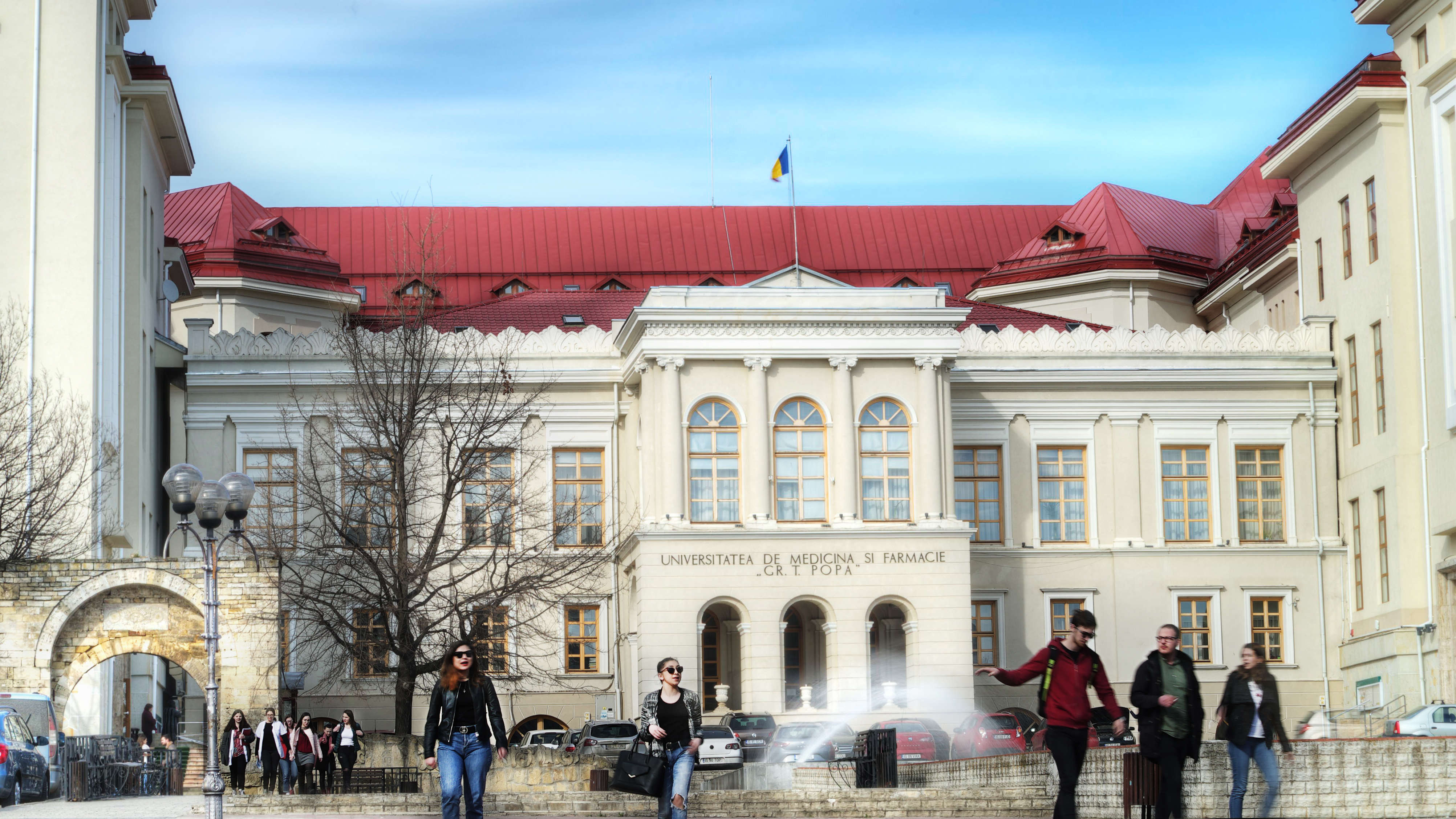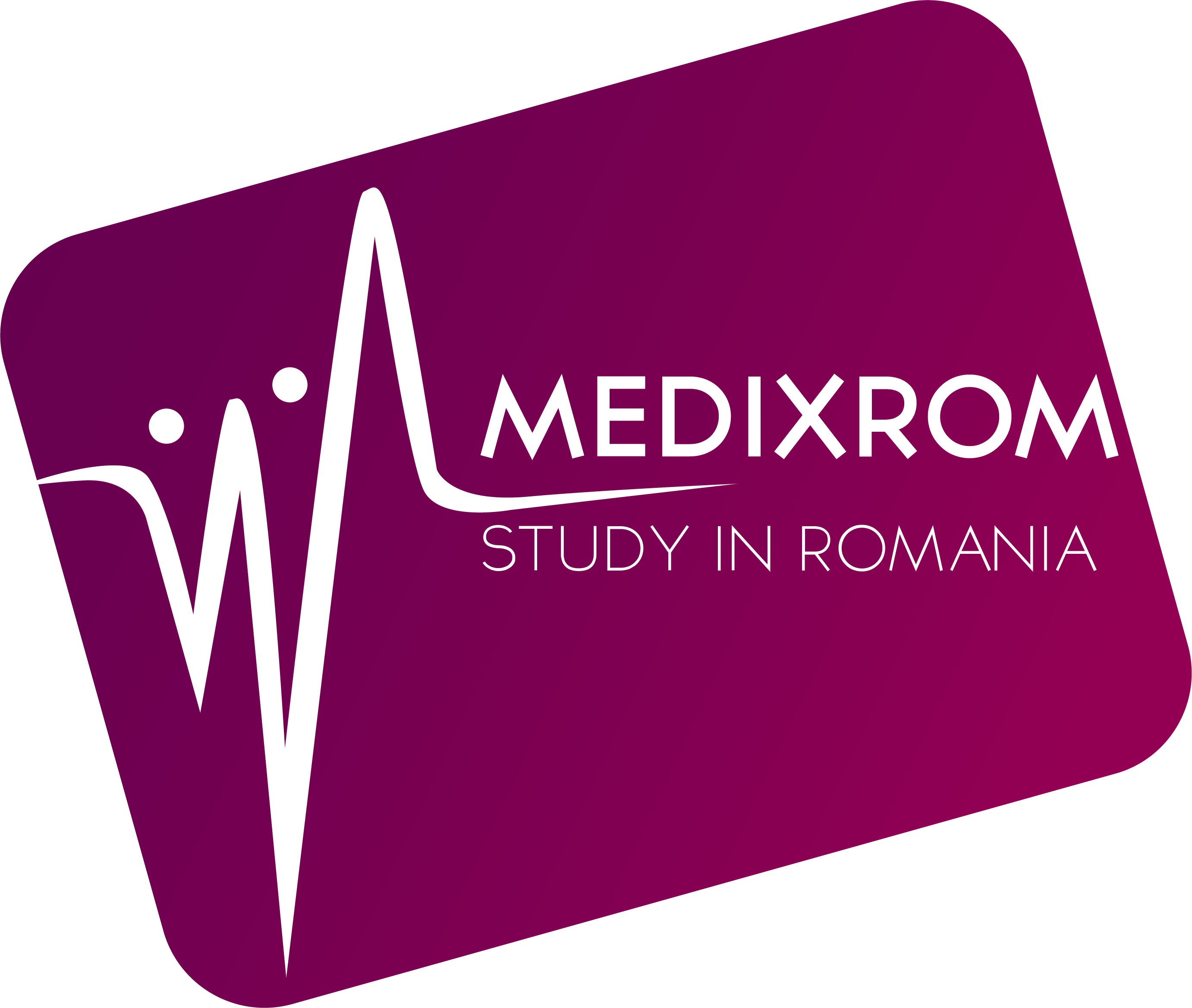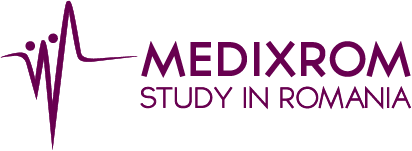“Grigore T. Popa” University of Medicine and Pharmacy
Globally Recognised
Affordable tuition fees of €5,000 per year
Entry is in October
Why Choose the 'Grigore T. Popa'' University of Medicine?
- ‘Grigore T. Popa” University of Medicine and Pharmacy is one of Romania’s oldest academic institutions.
- It was established in 1879 and named after world renowned neuro-endocrinologist Grigore T. Popa.
- The Academic Medical Centre consists of 28 laboratories, several auditoriums, and a top-class library with over 470,000 volumes.
- The university is home to over 800 highly regarded professors offering graduate and postgraduate programmes to over 4,000 students.
- The university has connections with many world-renowned universities including the University of Freiburg in Germany and the Universities of Torino and Parma in Italy.
- The Gr. Popa” University of Medicine and Pharmacy should be top of the list for anyone seeking a top class medical university in Eastern Europe.

Medicine
- The Medicine course lasts for six years and is taught entirety in English.
- The first academic cycle lasts 3 years with a focus on pre-clinical studies and the related medical fundamentals.
- The next three years focus on clinical education and includes surgical and preventive medicine courses and hospital experience.
- Every summer, from year one to five of studies, students must work in university affiliated hospitals, medical centres or clinics.
- Students need to complete a minimum of four weeks of work experience per year and get at least 800 hours practical experience over the first five years.
- In their final year, students must write a personal research dissertation on a topic assigned to them by their instructor.
- To complete their studies, students must sit the state examinations, including a written exam and oral presentation defending their thesis research.
- Successful students are awarded a master’s degree and the title of “Physician” (MD).
- All qualifications are recognised globally allowing graduates to practice in any EU member state or anywhere around the world.
Dentistry
- Dentistry is a six-year course taught in English.
- The course is divided into two categories, 62% stemmatological courses and 38% medical, surgical, and fundamental theory.
- From year one to year five, students are required to work summers in university affiliated hospitals, clinics or dentistry offices for a minimum of four weeks each year. A total of 800 hours is required over five years.
- During year six, students must complete a number of integrated courses on complex oral treatment training and practical study.
- They must also write a dissertation on a topic chosen in conjunction with their instructor.
- To qualify, students must sit the state written examinations to assess their dental medical knowledge in both practice and procedures. They will also need to complete a practical examination in four subjects.
- Students are required to defend their thesis with a presentation before a board of accomplished dentists and professors.
- Successful students are awarded a master’s degree and the title of Dentist.
- Dentistry graduates from Romanian universities include renowned professionals many of whom have contributed substantially to the field post-graduation.
- Some continue with their chosen area of specialisation in Romania due to the large demand for dentists and availability of state funding.
How much do the programmes cost?
|
PROGRAMME |
PROGRAMME STARTS |
ANNUAL FEES (EURO) |
|
Medicine |
October |
5000 |
|
Bioengineering |
October |
2500 |
|
Pharmacy |
October |
5000 |
|
Dentistry |
October |
5000 |
|
LIVING COSTS |
MONTHLY (EURO) |
ANNUALLY (EURO) |
|
Rent (private accommodation) |
300-350 |
3000-3500 |
|
Food |
200 |
2000 |
|
Books |
– |
150 |
|
Electricity & Gas |
50 |
500 |
|
Water |
10 |
100 |
|
TV Cable / Internet |
15 |
175 |
|
Total |
575-675 |
5925 |
Admission to Iasi University
Applicants must submit the following documents:
- A completed application form.
- The Baccalaureate diploma or both an equivalent copy and authenticated translation in Romanian (translated if the original is in another language than English or French) and transcripts of records / diploma supplement (copy).
- Transcript of records in recognition of previous studies for the university.
- Copy of valid passport pages 1,2,3,4 or an official valid ID.
- Birth certificate – both a copy and authenticated translation is required.
- Medical certificate containing:
- proof of vaccination against hepatitis B
- information about any chronic diseases.
- A full psychological assessment
- 4 passport sized photos

Life in Iasi
- Iasi is the second biggest city in Romania with an estimated population of 343,000.
- It was only after the 1950s, when waves of heavy industrialisation, laid the foundations for the prosperity we see in the city today.
- The city’s long history has left Iasi with many significant buildings, statues and monuments scattered across it.
- The city of Iasi is a wonderful place to live and is a city with a great culture, low cost of living and affordable tuition fees.
- Students can also enjoy the many bars and discos in the student district and with over 60,000 students in the city, these areas have a great atmosphere.
- There is also a really efficient transport system to ensure you can get where you want 24 hours a day.
Life in Romania
- Romania is a country in the Southeast of Europe with an estimated population of 19 million. Bucharest, the capital city, has a population of around 1.7 million.
- After WWII Romania was under communist control until 1989, when it declared itself a free democracy, and began to rebuild its economy.
- Romania is now a very modern country and has a similar standard of living to other EU member states.
- Romania has a very low cost of living, making its famous universities an appealing destination for students from all around Europe and the rest of the world.
- Romanian universities are among the best in Europe and thousands of international students pursue their studies there every year.
- Modern Romania is a wonderful mix of cultures where people from all over the world are welcomed warmly by the locals.





